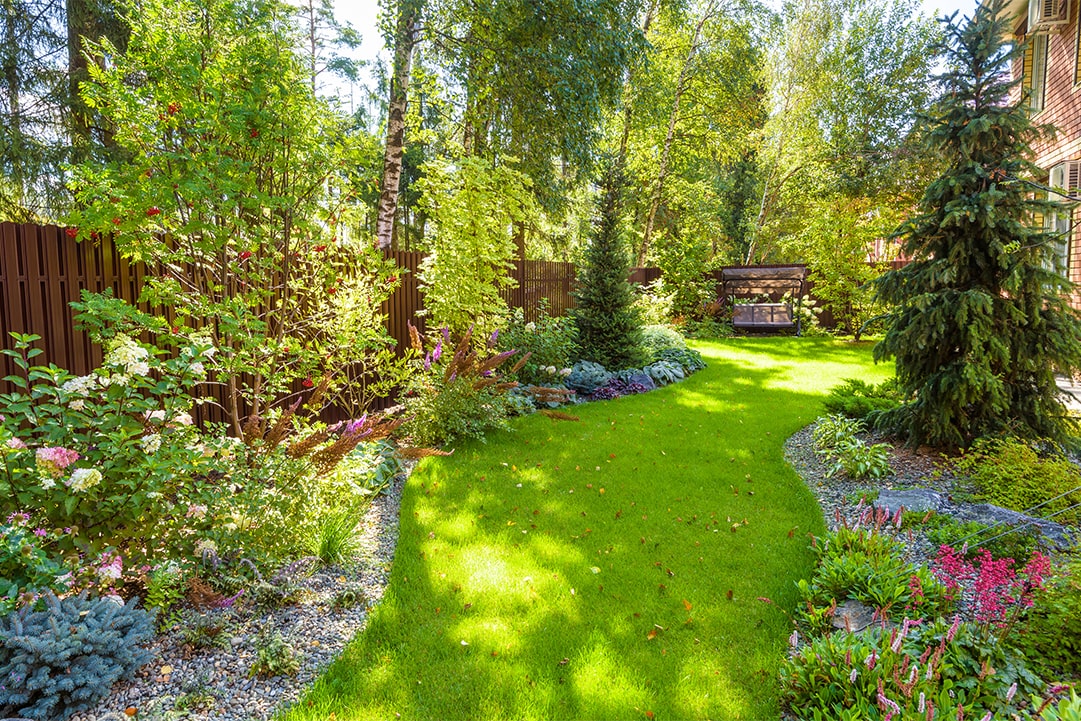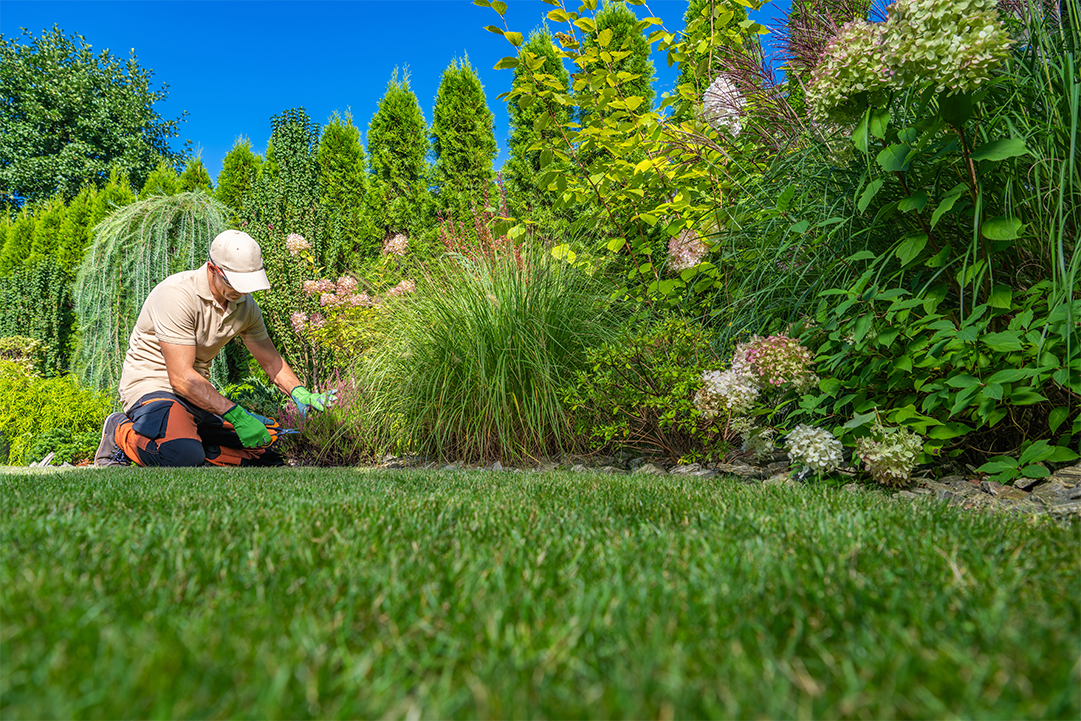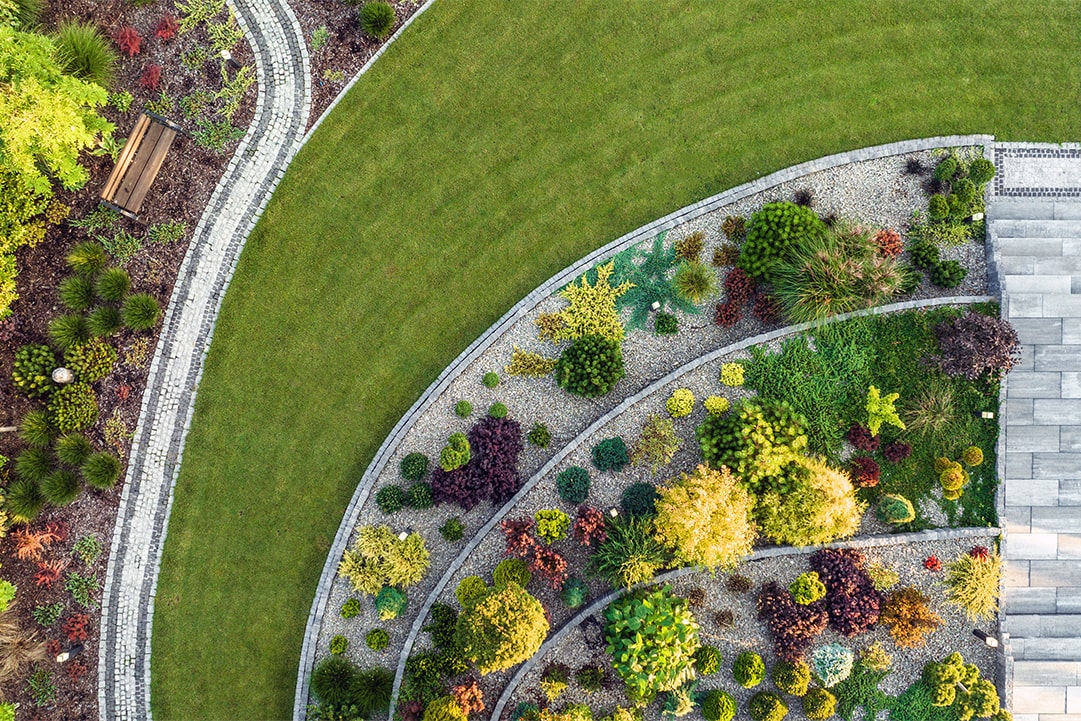When planning a landscape design for your yard in New Jersey, consider incorporating native plants. These plants species that evolved and adapted to the climate, soil, and ecology of our region. Native plants offer numerous benefits for New Jersey gardens and yards.
Adapted to Local Conditions
Native plants are already acclimated to conditions in New Jersey. They are able to tolerate drought, humidity, coastal conditions, and the cold winters our state experiences. Since native plants evolved here naturally, they do well without intensive care or amendments needed for non-native plants.
Attract Local Wildlife
Native plants attract and support indigenous New Jersey wildlife species. Native birds, butterflies, and pollinators rely on native plants for food and habitat. For instance, monarch butterflies need native milkweed plants to survive. Using native plants provides food and shelter to local ecosystems.
Require Less Maintenance
Once established, native plants do not require intensive maintenance to thrive in New Jersey. They often do not need supplemental watering except during initial establishment and times of drought. Native plants have natural defenses against local pests and diseases, reducing the need for pesticides or other cares.
Offer Multi-Season Interest
New Jersey native plants offer interest across the seasons with variations in foliage, flowers, fall color, and seed heads. Spring ephemerals like trillium burst with blooms before the canopy fills in. Summer flowers like bee balm and coneflower provide color. Trees like maple and oak turn vibrant shades in the fall.
Incorporating native plants into your New Jersey landscape helps create an environmentally friendly and sustainable yard that supports our local ecology while requiring less maintenance.




